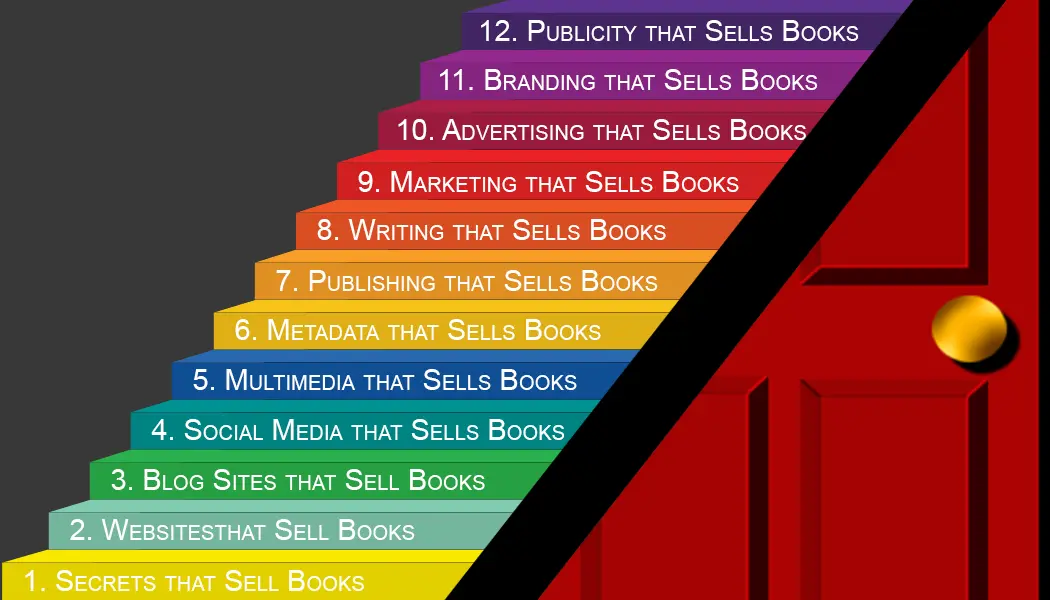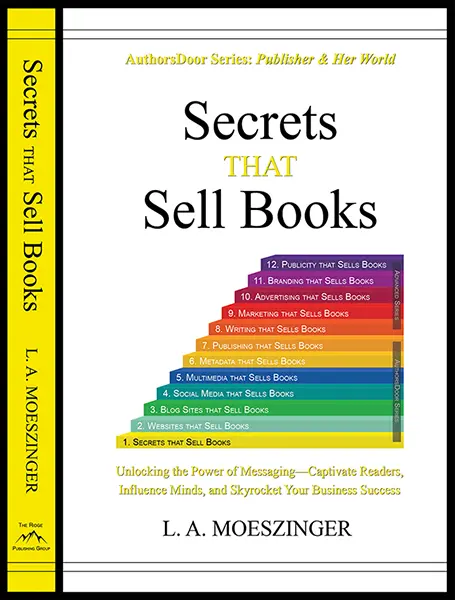In an era where self-publishing and independent publishing are more viable than ever, authors increasingly consider the leap from writing to publishing. This transition, however, is not just a shift in role from author to publisher; it embodies a profound evolution into the role of a business operator and entrepreneur. For those authors ready to take this step, a deep understanding of the business side of publishing is critical. In this article, we delve into three essential areas that form the backbone of a successful publishing company: Author-Publisher Business Structures, Intellectual Property Assets, and Business Plans.
Exploring Author-Publisher Business Structures
The choice of business structure is a fundamental decision that will influence every aspect of your operations, from daily management to tax obligations and personal liability. Different structures suit different needs, and choosing the right one can impact the efficiency and success of your publishing endeavor. We will examine several types of business entities commonly used by author-publishers, including sole proprietorships, partnerships, limited liability companies (LLCs), and corporations. Each of these has its advantages and drawbacks, whether it’s the simplicity and direct control of a sole proprietorship or the protective benefits and tax implications of an LLC or corporation. Understanding these options will help you select the best structure to support your publishing company, business goals, and growth aspirations.
Safeguarding Author-Publisher Intellectual Property Assets
At the heart of any publishing company is its intellectual property (IP). For author-publishers, IP does not just include the manuscripts but also covers the copyrights, trademarks, potentially patents, and the branding elements associated with them. This section will navigate the complexities of intellectual property law, focusing on how to protect, manage, and monetize your creative works. Copyrights protect the expressions of ideas, not the ideas themselves, and are crucial for publishing; trademarks can secure the brand elements that distinguish your books in the market. Discussing the strategic management of digital rights to maximize the benefits of your IP in the digital arena and explore licensing opportunities that can expand your revenue streams.
Crafting a Robust Author-Publisher Business Plan
Developing a business plan for your publishing company is an essential step for aspiring author-publishers. This document serves as a strategic blueprint for your publishing company. It outlines your vision, business objectives, detailed market analysis, organizational structure, and comprehensive financial forecasts. A well-constructed business plan does more than facilitate financing—it guides your decision-making process and helps navigate the often tumultuous waters of the publishing industry. This plan should be detailed, considering the specifics of the publishing market, including target audience demographics, competitor analysis, marketing strategies, operational logistics, and projected financial performance. Whether you are seeking investors, applying for business loans, or planning to bootstrap your way through, a solid business plan is your roadmap to success.
What Does It Take to Make a Publishing Company?
Transitioning from an author to a publisher is an ambitious and complex process that requires more than just a keen understanding of literature and market trends—it demands a solid grasp of business principles. By thoroughly exploring business structures, intellectual property management, and strategic business planning, you can lay a strong foundation for a publishing company that not only showcases your literary work but also stands robust in the competitive publishing landscape. In the following sections, we will unpack each of these critical areas, equipping you with the knowledge and tools necessary to turn your passion for writing into a thriving publishing business.
_________________________________________
Related Entries:
Book Package Mastery: Unlocking Publishing Success
Related Topics:
Visit our website at www.AuthorsDoor.com and our blog site at www.AuthorsRedDoor.com as you continue your author-publisher journey.


